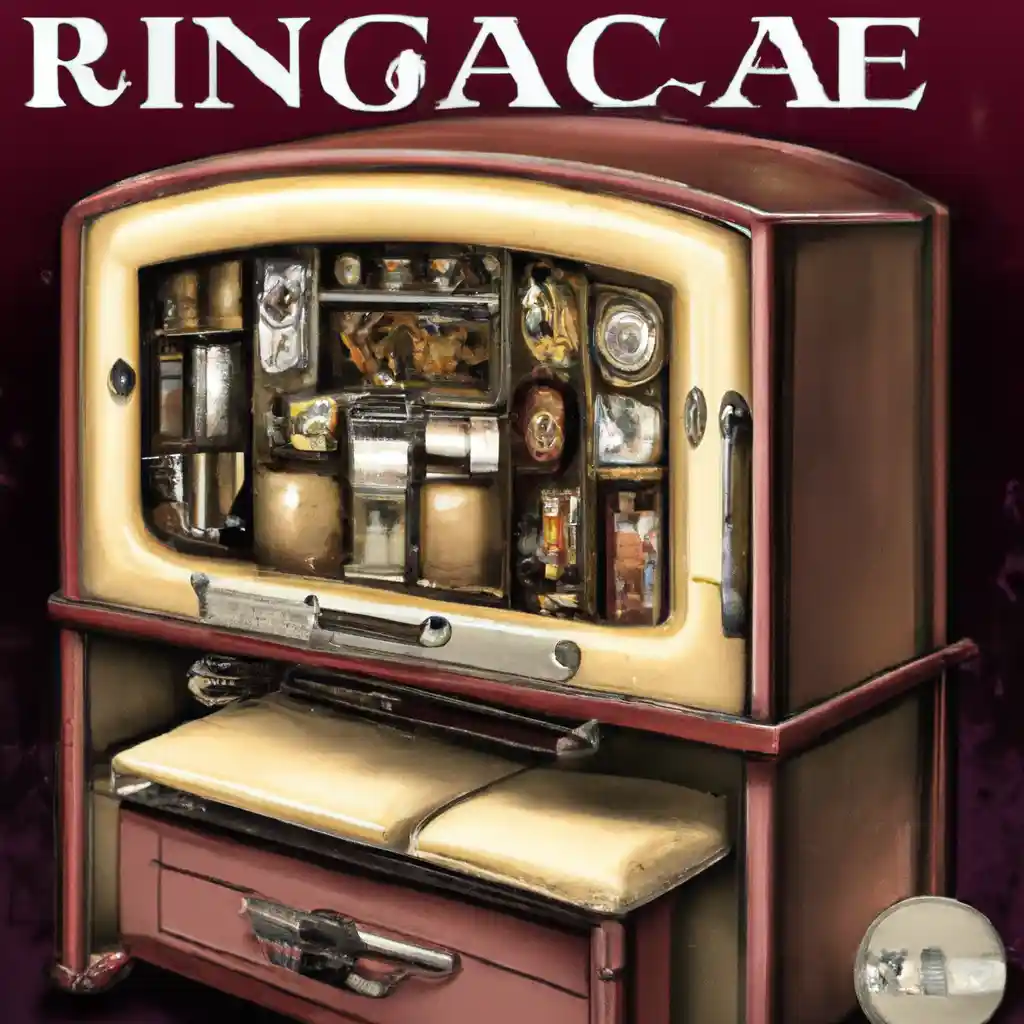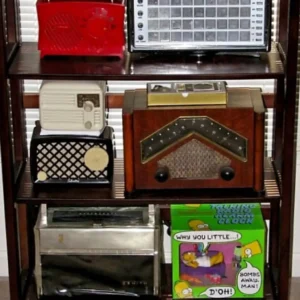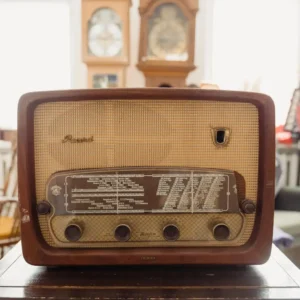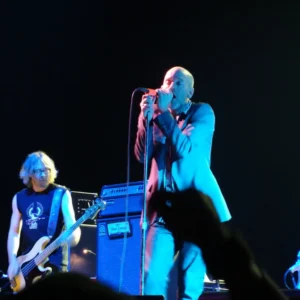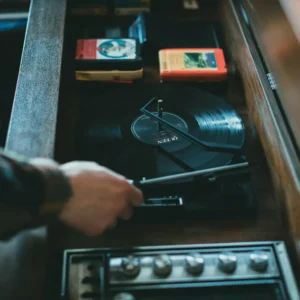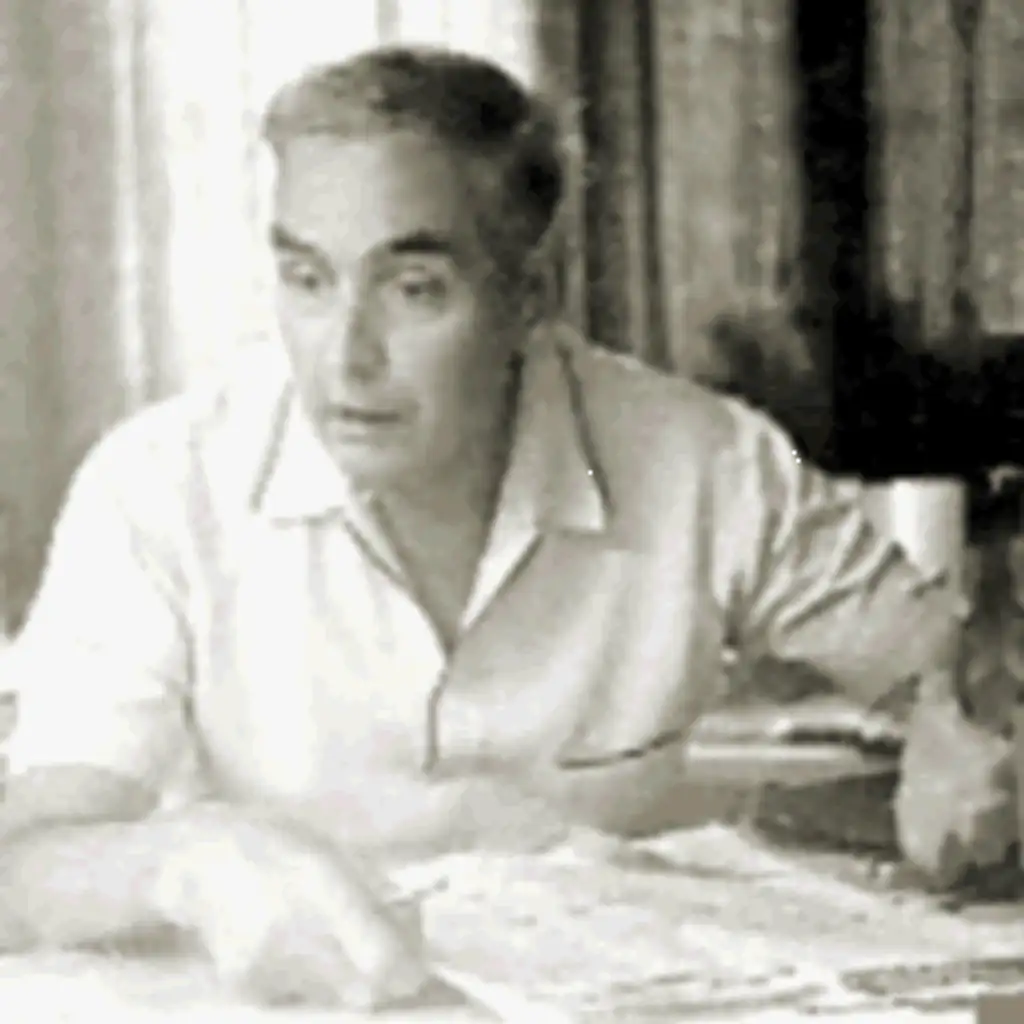KCRW has recently announced the cancellation of the much-anticipated Good Food PieFest, originally scheduled for this Sunday. The decision comes in light of ongoing campus protests at UCLA, prioritizing the safety and best interests of all participants. The event, a cherished part of the KCRW community, may find a new date in the future, with details to be shared as they become available.
Reflecting on the rich history of Los Angeles radio, a conversation with a jazz-loving friend brought back fond memories of KBCA 105.1 FM, a commercial jazz station from the 1960s. It was a time when the airwaves were graced with the likes of John Coltrane’s “Spiritual” during the morning drive, a testament to the station’s unique and eclectic playlist. The mention of a playlist from July 29, 1967, serves as a poignant reminder of the station’s influence and the era’s vibrant music scene.
The landscape of radio has dramatically shifted since those days, with NPR’s emergence and the commercialization of radio frequencies. Yet, KBCA’s legacy, with its reel-to-reel tape decks and dedicated deejays like Tommy Bee, Kogyo Sayama, Tolley Strode, Jai Rich, and Gerald Wilson, continues to inspire. These personalities not only played jazz but also connected deeply with their audience, promoting local businesses and creating a unique community around their broadcasts.
From its beginnings as a classical station to its transformation into a jazz haven under Saul Levine, KBCA’s journey reflects the broader changes in the radio industry. The station’s evolution into KKGO and its eventual shift towards smooth jazz and country music mark significant chapters in Los Angeles’ radio history. Despite these changes, KBCA’s spirit lives on through the memories of those it touched and the music it championed.
Today, KCRW continues to honor the tradition of jazz broadcasting, with programs like “Strictly Jazz” keeping the flame alive. The legacy of KBCA, with its dedication to jazz and its community of listeners, remains a pivotal chapter in the story of Los Angeles radio, influencing generations of music lovers and broadcasters alike.
The article concludes with a call to support KCRW, highlighting the station’s reliance on member support for its diverse music programming, news reporting, and cultural coverage. It’s a reminder of the ongoing need for community support to maintain the rich tapestry of public radio.
